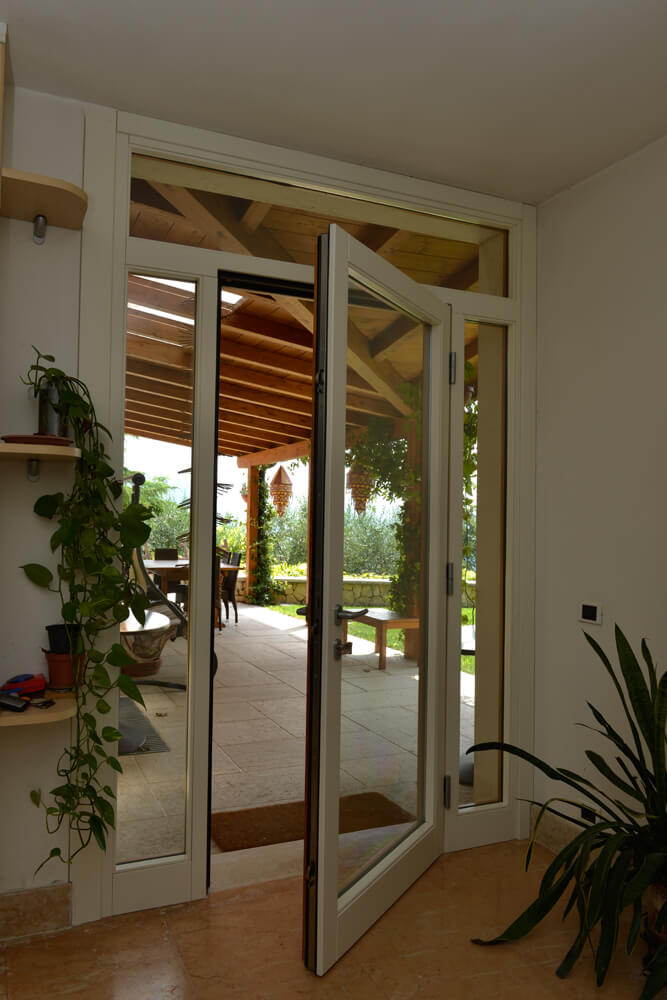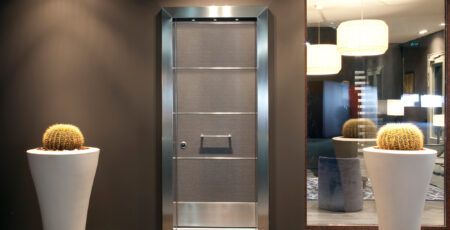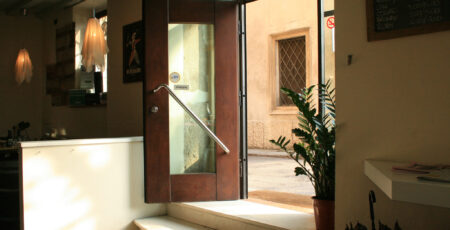You may have seen on our website that our main headquarters is in Boca Raton, Florida. Of course, that means we talk about hurricanes most days of the week. Obviously, there isn’t a hurricane brewing quite that frequently, but hurricane preparedness requires constant, diligent effort.
Every structure built in South Florida needs to be ready to stand up to a hurricane and everything that comes along with it — gale force winds, flying objects, and torrential rainfall. Hurricane certified windows and doors have become a major focus because they’re the most likely to fail. In many cases, they’re movable pieces that have multiple failure points (glazing, hinges, locks, etc).
Here’s what goes into hurricane certification for windows and doors in Miami-Dade County and the State of Florida, and what that means for homeowners looking to prepare their gorgeous homes for the next hurricane.
What is Hurricane Certification?
Hurricane certification is a standard set by various government bodies to ensure that structures are being built strong enough to protect them during hurricanes (and of course, tropical storms and any other unpredictable severe weather that comes through). 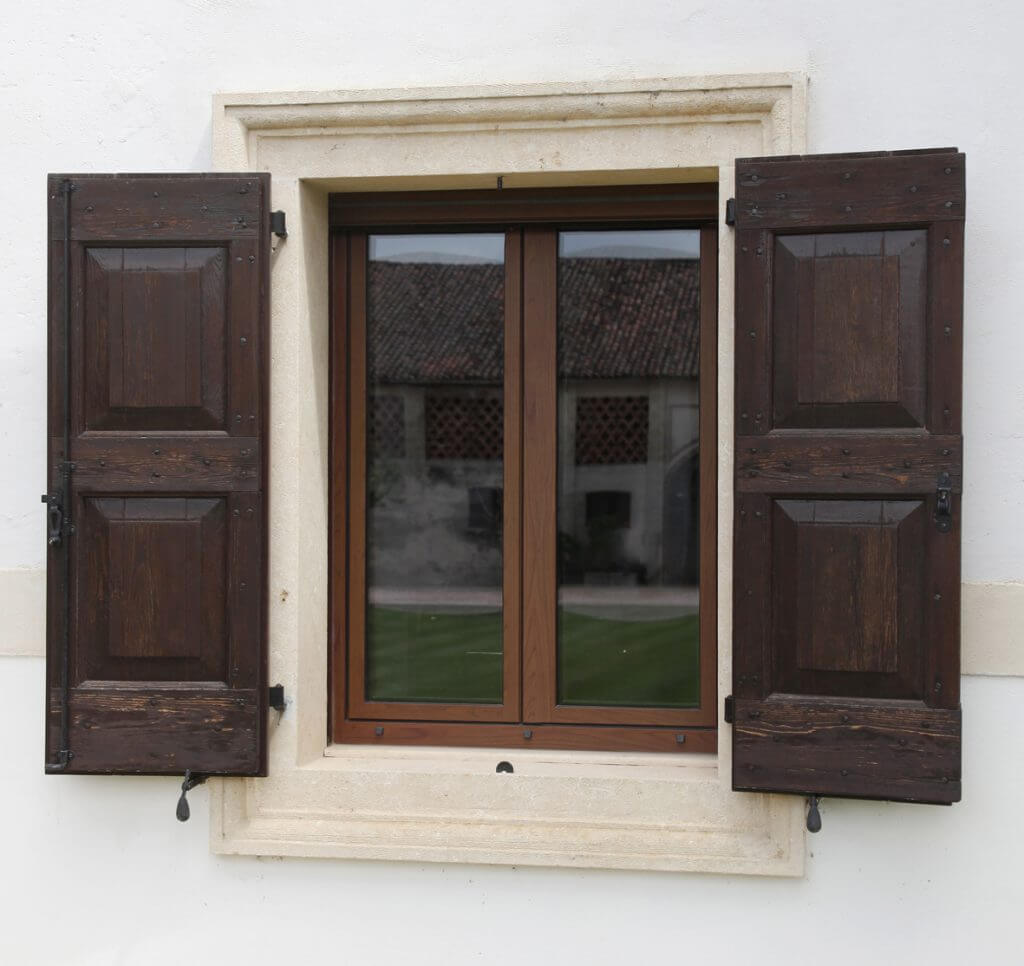
- Water pressure: The seal on the opening must be completely water-tight so that sustained rain cannot seep through and enter the structure. In most cases, this means having sweeps on the door.
- Air pressure: As Floridians know well, wind is just as destructive as water — it can rip pieces of your house apart all on its own, even if it doesn’t throw a large object into it. The product itself (the door or window) and all of the products used to install it must be able to withstand high winds. (Up to 75 pounds per square foot in residential settings.)
- Flying objects: Even a Category 1 hurricane can have winds up to 95mph (119-153 km/h), which is enough to break limbs off of trees, uproot entire trees with shallow root systems, and rip shingles and siding off of houses. Obviously, it only gets more destructive from there. The danger of flying objects that may damage your windows or doors is very real during a hurricane, and therefore, one of the hurricane certification processes involves a missile test, in which a two-by-four (2×4) is forcefully thrown at the door or window.
Florida hurricane certification can be confusing because Miami-Dade County has its own hurricane certification process, while the state of Florida has its own process. The important thing to remember here is that the actual standards are the same. Both the county and the state have two level of certification:
- A regular hurricane certification that is suitable for almost the entire state of Florida
- A high velocity hurricane zone (HVHZ) certification that is necessary for homes often in the direct path of hurricanes, such as those on the southeast of the peninsula
The good news is, your manufacturers and contractors should be on top of these processes for you. The manufacturers have to seek hurricane certification from the proper authorities so their products specifically can be tested (we know from experience). Your contractors should be able to look up the status of any product you’d like to install in your luxury home.
Can I Get a Hurricane-Certified Pivot Door?
Pivot doors are more complicated than traditional hinge doors to hurricane certify because you cannot block the pivot point of the door. And unlike hinge doors — where you only have to worry about one side of the door — pivot doors have a pivot point at both the top and the bottom. It doesn’t make it impossible to obtain hurricane certification, but it definitely makes the process more complex.Up until this point, obtaining a hurricane certification for a pivot door has meant installing one of two extra systems surrounding the door itself:
- A drainage system – This involves extra work from the architect, as well as the contractors. In order to keep water away from the pivot points (that again, cannot be covered), a drainage system is typically needed to divert the water away from the door. It may not be the end of the world, but when you’re spending millions of dollars on a luxury home, an ugly drainage system at the front door doesn’t really go with the overall aesthetic.
- An overhang – Conversely, you could choose to skip the drainage system and go with an overhang above the pivot door. Now, if your aesthetic and architectural plans already involved a portico or even a drive-through portico, then perhaps this isn’t a big deal to you. But if you wanted a clean face to your home, this is a pretty big deal breaker.
The major consideration to overhangs on your pivot door is that the overhang has to be as long as the door is tall. And of course, with pivot doors, people love going for larger designs because they can. Hinge doors are limited in size because the hinges can only support so much weight from the door itself. But with pivot doors, there’s no hinge — there are only pivot points. What this means is that we can make doors that are literally feet larger than a traditional hinge door, and without turning the opening into a double door. 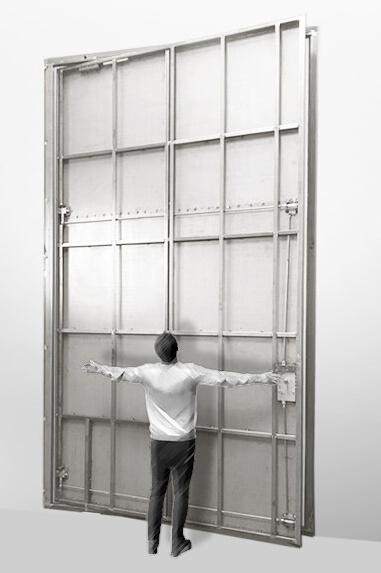
The Myth of Hurricane Proofing
When we talk to clients and potential clients about their needs, they often ask about “hurricane-proof” doors and windows. This is an understandable question, considering that it’s such a common phrase. Tactics for hurricane-proofing are all over the internet, it’s a major topic of discussion in coastal communities, and as we see the frequency and intensity of hurricanes increasing, people are doing whatever they can to batten down their hatches. However, we are very careful to focus on the term “hurricane certified” rather than “hurricane proof” because no matter what anyone tells you, there is no such thing as hurricane proof.This isn’t something we need to tell longtime residents of South Florida. Those who survived Hurricane Andrew aren’t likely to forget the fallout any time soon, if ever. There are many stories of families who huddled in closets or bathrooms for the entire night, clutching the doorknob for dear life, just trying to ride the storm out.When the storm finally passed and they felt safe to vacate their temporary shelter, they barely recognized the world around them — roofs had been ripped off, street signs were gone. One woman reported that the winds were so strong (165mph) that it literally ripped the wallpaper off the walls of her daughter’s bedroom.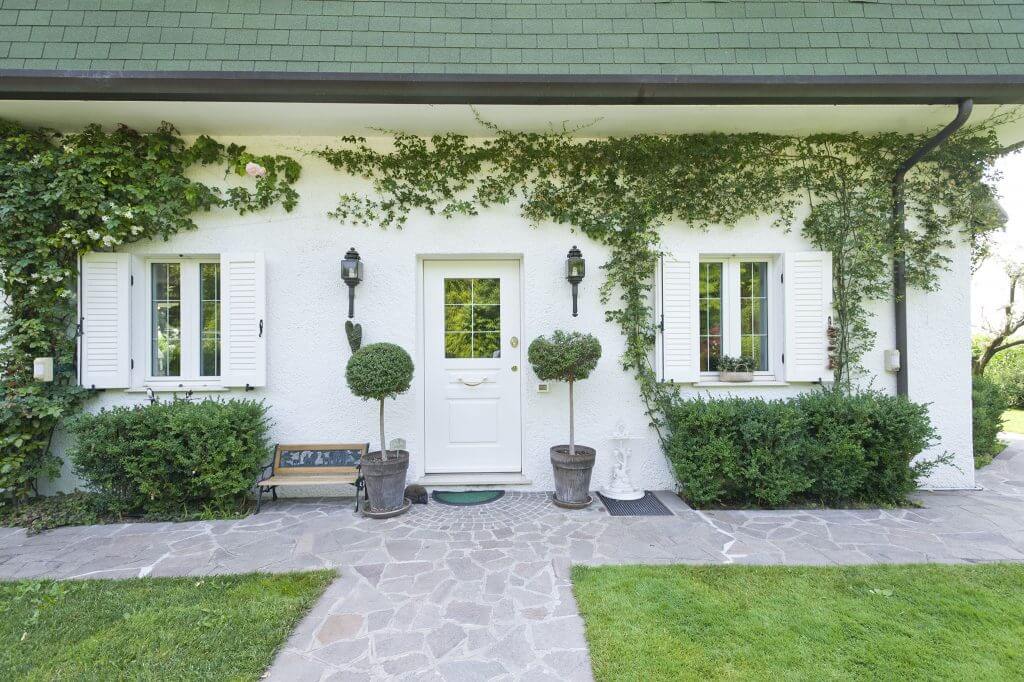
Security and Notices of Approval (NOA)
An important note about our hurricane certified doors and windows is that we participate in NOAs (Notices of Approval) a little bit differently because of the nature of our business. Miami-Dade County typically lists all their approved products on their website, and you can get a list of approved products from the state of Florida, but we don’t go through either of those channels directly. Instead, we use an independent, accredited third party called the National Accreditation and Management Institute (NAMI). They verify that we pass all of the necessary certification tests for the state of Florida and then provides us with the certificates.This method is actually more expensive than going straight through the state of Florida and/or Miami-Dade County, but again — our clients’ safety and security is far more important than us saving some money. It’s imperative that we keep proprietary information (and all client information) under wraps, which means we can’t publish it on public websites.
FBS Hurricane-Certified Doors and Windows
Many companies sell hurricane windows and doors in South Florida, but none of them are doing exactly what we’re doing: designing and building custom hurricane doors and windows that are also security certified (oh yes, and they can also be ballistic, if that’s a concern for you). While security is our first concern, we recognize that some people just want a really beautiful door for their front entrance — and of course, if you’re in South Florida, you need it to be hurricane certified. 